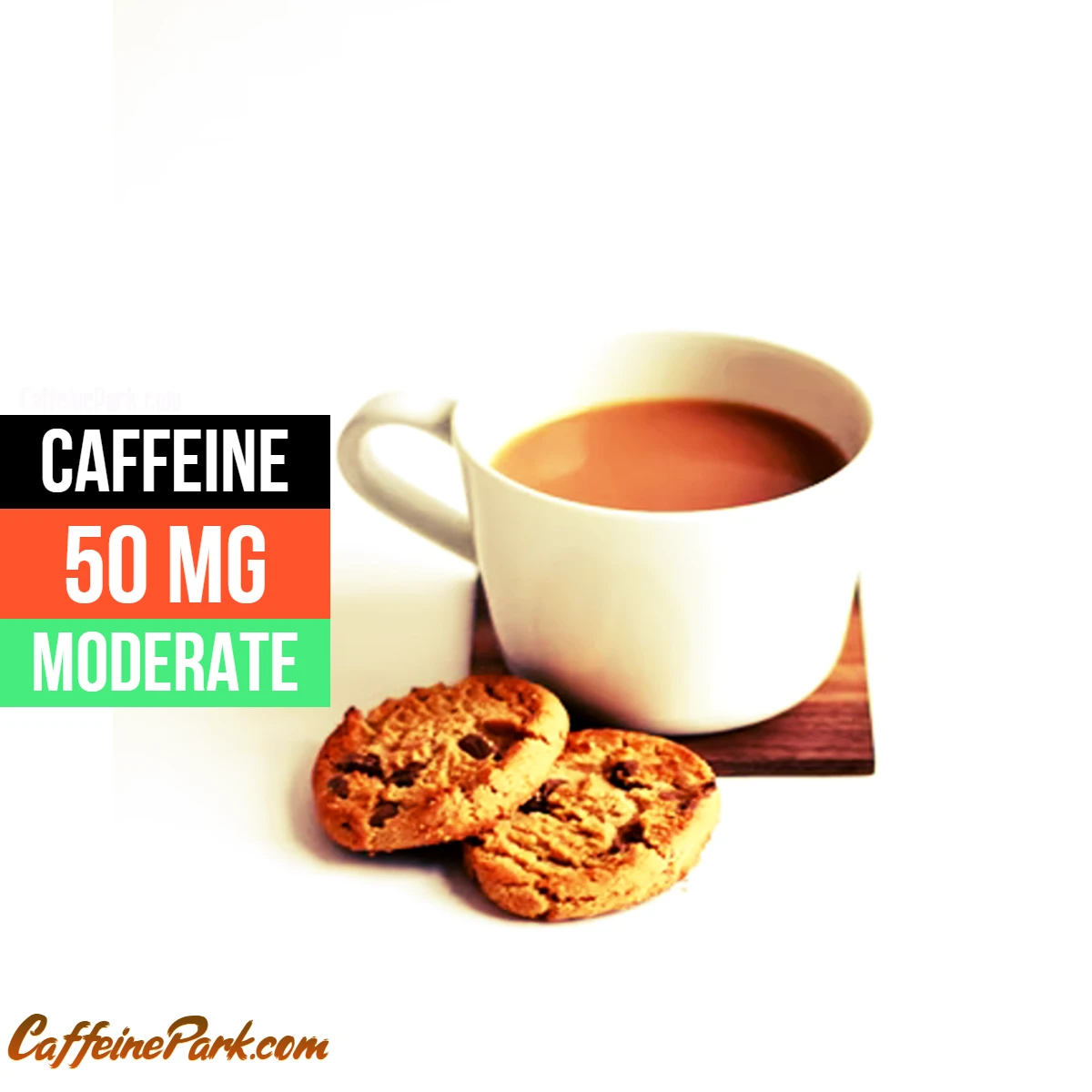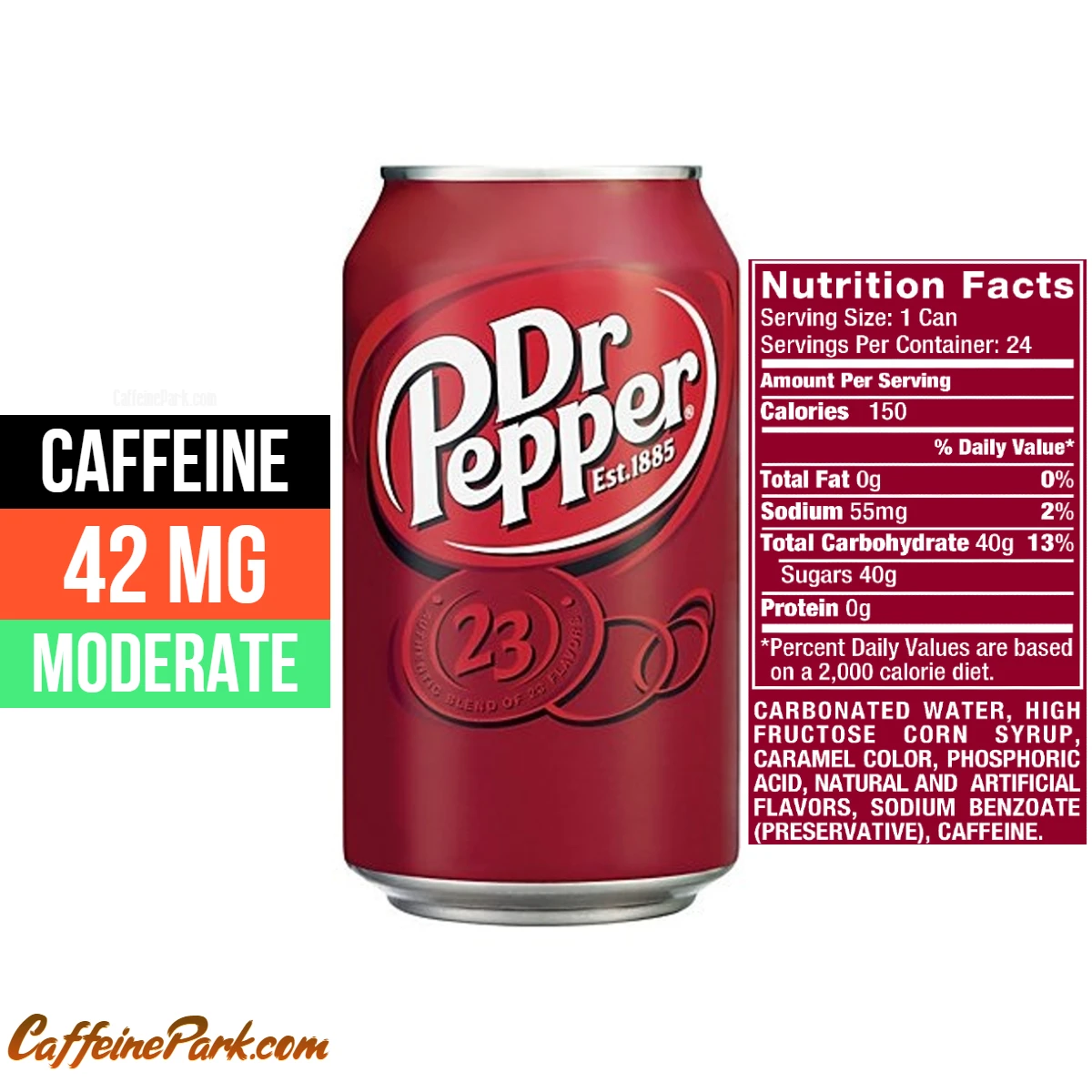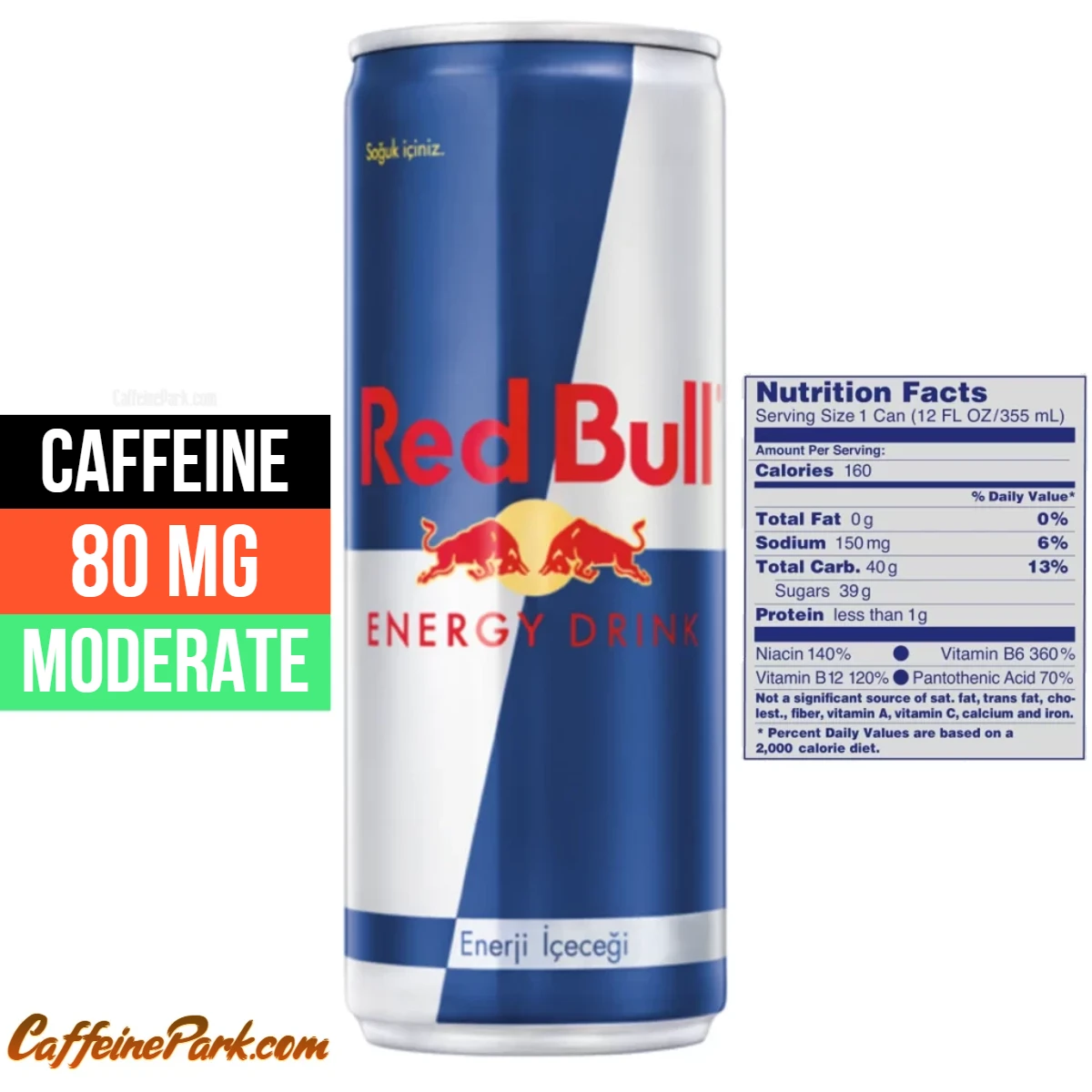
Chai Tea Caffeine Content
Chai tea is a popular and flavorful type of tea that is enjoyed by many people around the world. It is made from a combination of black tea, milk, and a blend of spices such as cinnamon, ginger, cardamom, and black pepper. The tea is often sweetened with sugar or honey and is traditionally served hot. Generally, a cup of chai tea contains around 50 milligrams of caffeine. This is less than a cup of coffee, which typically contains around 95 milligrams of caffeine.
One of the key components of chai tea is black tea, which contains caffeine. Caffeine is a naturally-occurring stimulant that is found in many types of tea and coffee. It can provide a boost of energy and can help to improve focus and concentration. The amount of caffeine in chai tea can vary depending on the type of black tea used, and how the tea is brewed, According to this matter, it can be roughly said that caffeine contains a cup of chai tea contains around 40-50 milligrams.
It is important to note that some variations of chai tea are made with decaffeinated tea or tea that has had most of the caffeine removed. This may be an option for those who are sensitive to caffeine or wish to avoid it. Additionally, some chai tea mixes and instant chai tea powders do not contain tea leaves and therefore have a low or no caffeine content.
Overall, chai tea can be a delicious and comforting beverage that provides a moderate amount of caffeine. If you are considering starting a blog about chai tea, it is a good idea to include information about the caffeine content of different types of chai tea and how it compares to other caffeinated beverages. This can help readers make informed decisions about their tea consumption and understand how it might affect their energy levels and focus.
Does Chai Tea have caffeine?
Yes, Chai Tea contains 50mg of caffeine per 8 fl oz cup and 6.25mg of caffeine per fl oz (21.13mg per 100ml).
| Serving size | Caffeine Amount | Calories | Caffeine strength |
|---|---|---|---|
| 100ml | 21 mg | 0 | LOW |
| 8 fl oz | 50 mg | 0 | MODERATE |
| 12 fl oz | 75 mg | 0 | MODERATE |
How much Caffeine is in a cup of Chai Tea?
- Caffeine Amount: 50 mg
- Caffeine strength: MODERATE
- Calories: 0
- Serving size: 8 fl oz cup
- sugar: 22g
How Much Caffeine is in Chai Tea By Brand?
Some brands contain less caffeine than others. Here are how some brands compare caffeine-wise per a cup (8 fl oz) serving:
- Pacific Chai: 67 mg
- Teavana Oprah Chai: 25 mg
- Tazo Chai: 47 mg
- Oregon Chai: 66 mg
- Big Train Chai: 65 mg
- Lipton Chai: 30 mg
Ingredients in Chai Tea
- Black Tea
- Indian Spices Including Cinnamon
- Clove
- Cardamon
- Anise And Ginger
- More Depending On Variety
- Blend
Review
Chai tea is a beloved beverage that has a rich history and a unique blend of flavors. It is a popular drink in many parts of the world and is often served in tea houses and coffee shops. In this review, we will take a closer look at the history, taste, ingredients, nutrition, benefits, side effects, price, availability, comparison to other teas, customer reviews, and the pros and cons of chai tea.
History
Chai tea has its origins in India, where it has been enjoyed for centuries. The word “chai” means “tea” in Hindi, and the beverage is commonly referred to as “masala chai” which means “spiced tea.” The traditional recipe for chai tea includes black tea, milk, and a blend of spices such as cinnamon, ginger, cardamom, and black pepper. The tea is often sweetened with sugar or honey. The origins of chai tea can be traced back to ancient Ayurvedic medicine, where it was believed that the combination of tea, spices, and milk could help to promote overall health and well-being.
Taste and Flavor
Chai tea has a unique and complex flavor that is a result of the combination of black tea, milk, and spices. The black tea provides a base flavor that is slightly bitter, while the milk adds a creamy and smooth quality. The spices used in chai tea, such as cinnamon, ginger, cardamom, and black pepper, provide a warm and aromatic flavor. The tea is often sweetened with sugar or honey, which adds a touch of sweetness to the overall taste. The flavors of chai tea are subtle and well-balanced, making it a delicious and comforting beverage.
Ingredients and Nutrition
The primary ingredients in chai tea are black tea, milk, and a blend of spices. The exact blend of spices can vary depending on the recipe and the region of origin. Commonly used spices include cinnamon, ginger, cardamom, and black pepper. Some variations of chai tea may also include additional ingredients such as cloves, nutmeg, and star anise. The tea is often sweetened with sugar or honey, but it can also be made with other sweeteners such as agave or stevia.
In terms of nutrition, chai tea is a relatively low-calorie beverage. A typical serving of chai tea contains around 30-50 milligrams of caffeine and small amounts of vitamins and minerals. The milk used in chai tea provides a source of calcium and other nutrients.
Benefits
Chai tea has a number of potential health benefits. The caffeine in chai tea can provide a boost of energy and can help to improve focus and concentration. The spices used in chai tea, such as cinnamon, ginger, and cardamom, have antioxidant properties and may help to promote overall health and well-being. Additionally, the milk used in chai tea provides a source of calcium and other nutrients.
Side Effects
While chai tea is generally considered to be safe, it can have some potential side effects. The caffeine in chai tea can cause jitteriness, anxiety, and insomnia in some people. Additionally, some of the spices used in chai tea, such as ginger and black pepper, can cause heartburn or indigestion in some people. If you are sensitive to caffeine or have any health concerns, it is best to speak with your healthcare provider before drinking chai tea.
Price and Availability
Chai tea is widely available and can be purchased in many different forms. Loose-leaf chai tea, chai tea bags, and instant chai tea powders can all be found in grocery stores, health food stores, and online. The price of chai tea can vary depending on the brand and the form in which it is purchased. Loose-leaf chai tea and chai tea bags tend to be more expensive than instant chai tea powders. However, loose-leaf chai tea and chai tea bags are often considered to be of higher quality and have a more authentic taste.
Comparison to Others
Chai tea can be compared to other types of tea such as black tea, green tea, and herbal tea. Black tea, like the one used in chai tea, is also made from the leaves of the Camellia sinensis plant and has a similar caffeine content. Green tea has less caffeine and is known for its antioxidant properties. Herbal teas, on the other hand, are not made from the leaves of the Camellia sinensis plant and generally do not contain caffeine. Chai tea can also be compared to coffee, which has a higher caffeine content and a stronger flavor.
Customer Reviews
Chai tea has received positive reviews from many customers. Many people enjoy the unique and complex flavor of the tea and find it to be a comforting and satisfying beverage. Some customers have also reported experiencing health benefits from drinking chai tea. However, some customers have reported that the tea can be too sweet or too spicy for their taste.
Pros and Cons
The pros of chai tea include its unique and complex flavor, its potential health benefits, and its relatively low-calorie content. Additionally, chai tea is widely available and can be purchased in many different forms. The cons of chai tea include its potential side effects, such as jitteriness, anxiety, and insomnia, and the fact that some customers may find it to be too sweet or too spicy for their taste.
FAQs
No, caffeine in chai tea can vary depending on the type of black tea generally 50mg of caffeine, and that level won’t be nearly as high as your regular Brewed coffee. This means you can still enjoy a nice cup in the morning for a small caffeine boost, but you’ll be cutting back on your caffeine intake.
If you’re looking to lower caffeine consumption, try drinking green tea instead of chai tea. Green tea contains less caffeine than chai tea does, at about 30 milligrams per 8-ounce serving. while a cup of chai has approximately 50 mg of caffeine.
Is Chai Tea a good substitute for coffee?
Chai Tea doesn’t contain as much caffeine as coffee, but it still gives you a boost. You’ll feel more alert after drinking Chai Tea than if you drank coffee.
Is chai good for health?
Chai tea is a favorite drink among many cultures around the globe. It’s easy to make at home and provides an excellent source of antioxidants and other health benefits. Chai contains caffeine, which helps your body get energy, and is also loaded with vitamins, minerals, amino acids, and essential oils. It is delicious either hot or cold. You can even enjoy it iced!
If you like chai tea, here are some tips for making it taste even better: Use loose-leaf tea instead of bags. Buy organic black teas when possible. Add spices like cinnamon, ginger, cardamom, and nutmeg. Try stirring them in before serving. Or try adding fruits like apples and oranges.
Is chai tea anti-inflammatory?
There is a lot of research surrounding the health benefits associated with drinking chai tea. chai tea contains high levels of antioxidants called polyphenols, which help protect our bodies against free radical damage.
These compounds also offer protective actions against cancer, heart disease, diabetes, and Alzheimer’s. Chai, or “tea” as it was originally known, is a beverage made from black tea that incorporates various herbs and spices. It offers numerous health benefits including protection against cancer, cardiovascular diseases, diabetes, obesity, arthritis, digestive problems, and inflammation.
Read More:





